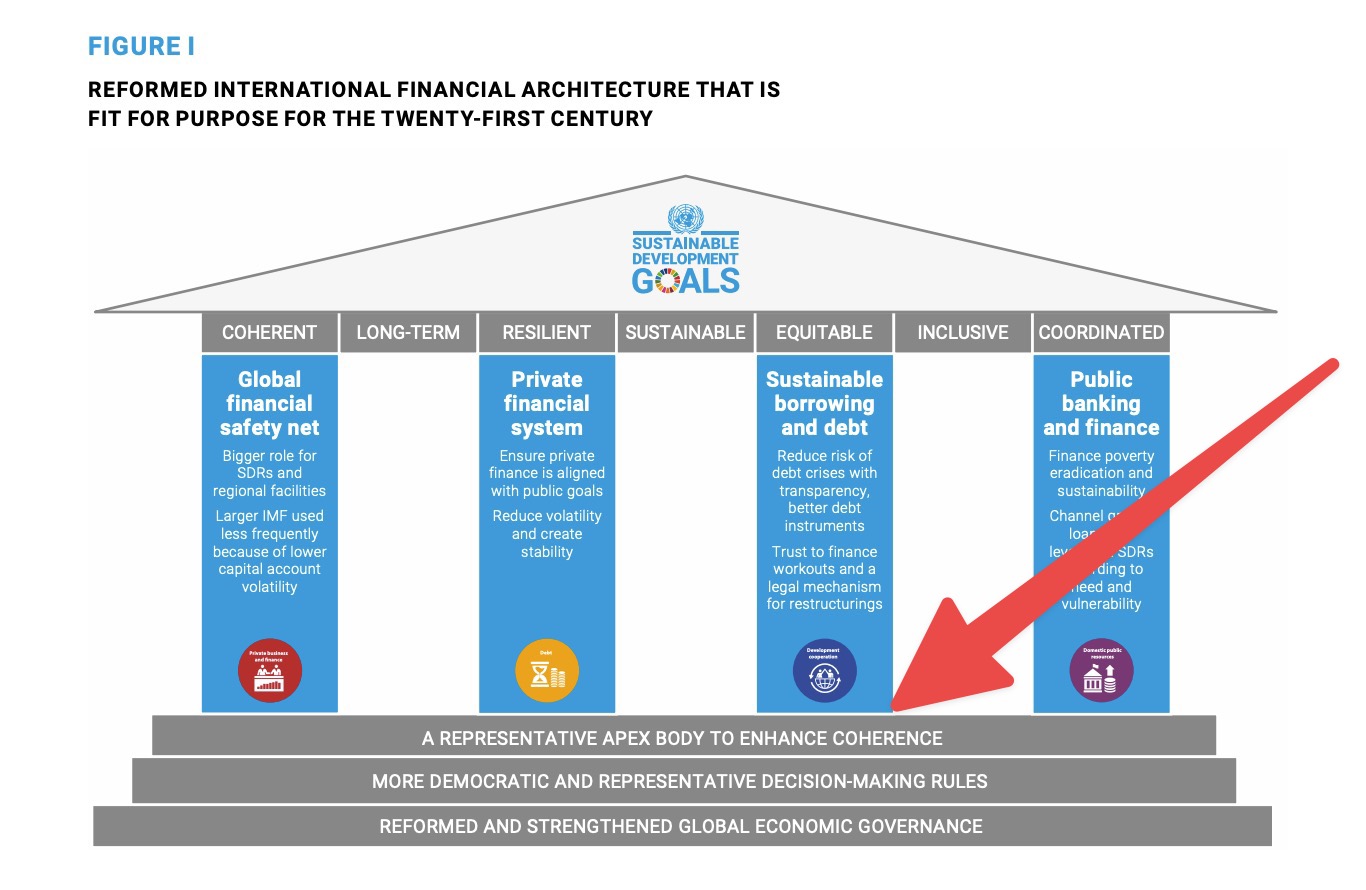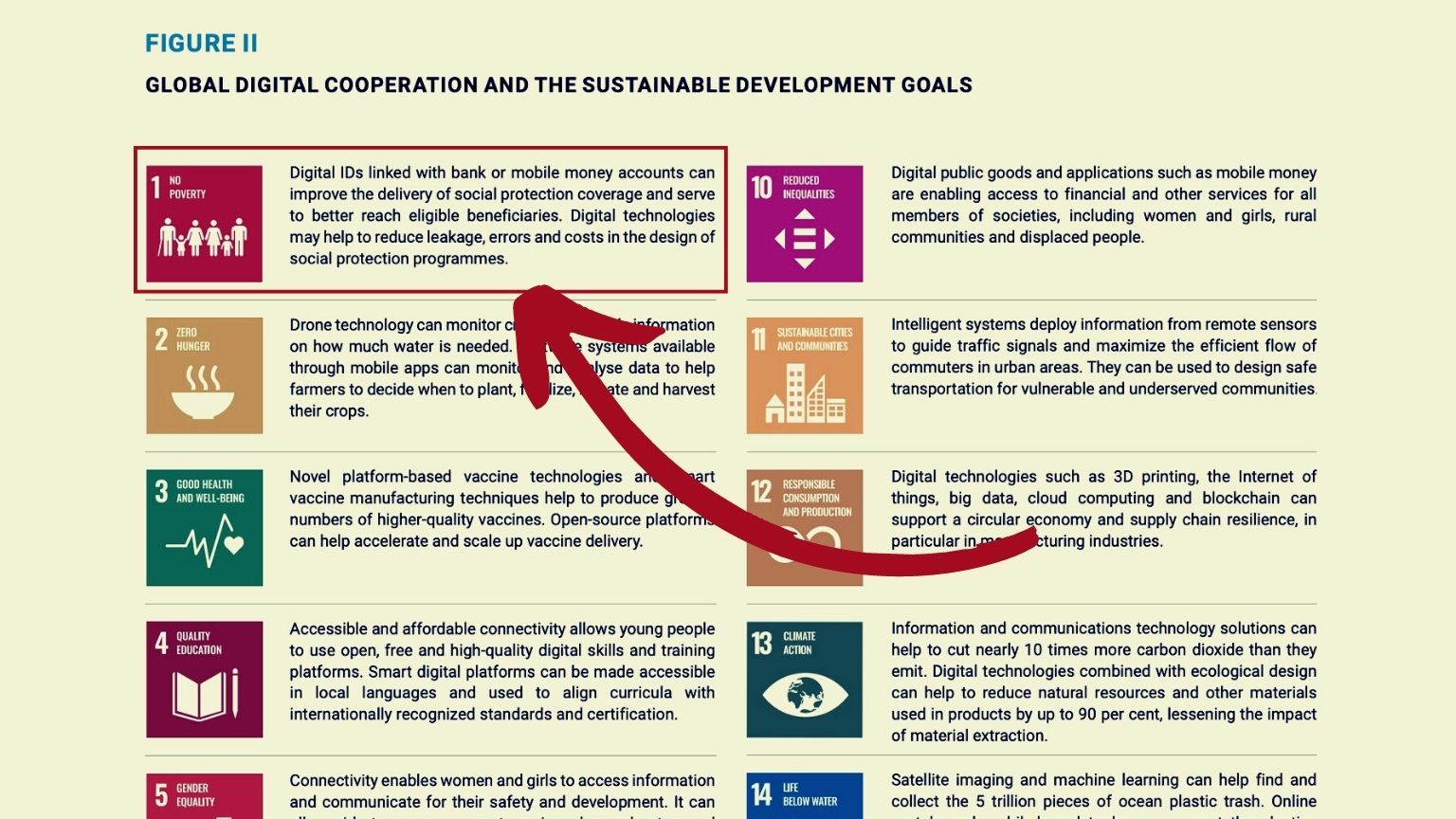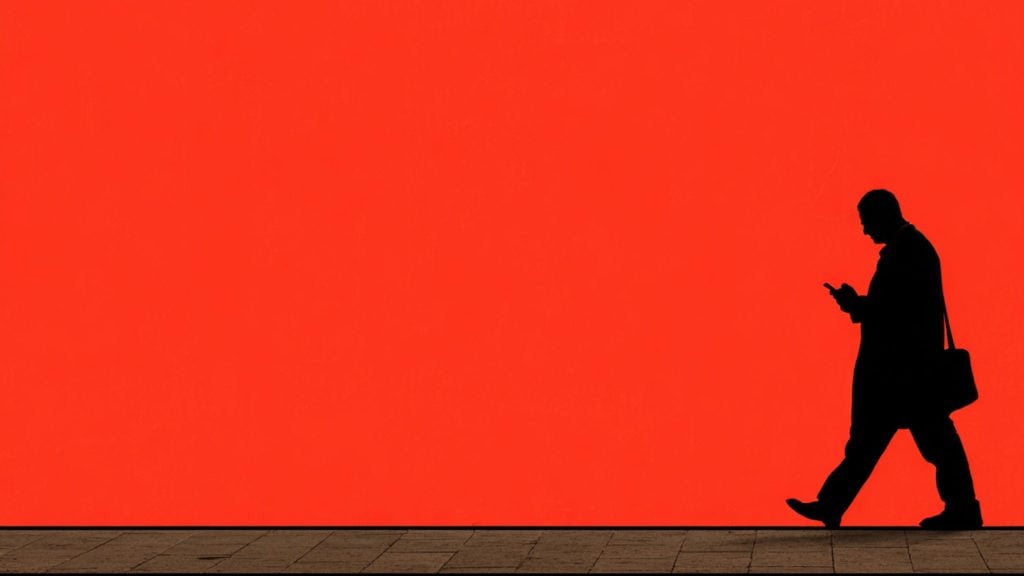The United Nations – or at least some in the United Nations effectively pulling the strings – must feel they are falling behind with pushing controversial ideas like Digital ID compared to the likes of the World Economic Forum (WEF) – even if they’re pushing in the same direction.
And now we have the UN making a case of not only introducing Digital IDs, but also making sure central authorities link them with people’s bank or mobile bank accounts.
This shows up among a flurry of proposals and initiatives described by opponents as “chilling,” included in three policy briefs titled, “A Global Digital Compact, Reforms to the International Financial Architecture, and The Future of Outer Space Governance.”
The purpose of the briefs is to work out what’s known as UN Secretary-General Antonio Guterres’ “vision for the future” – “Our Common Agenda” – that should be given the green light in September 2024 during an event dubbed, “The Summit for the Future.”
From the report:
“Digital IDs linked with bank or mobile money accounts can improve the delivery of social protection coverage and serve to better reach eligible beneficiaries. Digital technologies may help to reduce leakage, errors and costs in the design of social protection programmes.”
Not unlike their unofficial counterparts over at the WEF, the UN also speaks about basically regulating global digital future, and uses phrases such as international cooperation and many stakeholders, who will advance principles, objectives and actions, in other words, rules – for – wait for it – “an open, free, secure and human-centered digital future.”
Critics, however, firmly believe, and continue to make their case, that the digital future as envisaged by these groups – official or informal – is going to be quite the opposite of open, free, or human-centric.
As far as the UN’s “vision” for a future global financial system, it is supposed to be harmonized with the 2030 Agenda for Sustainable Development, and would be governed by something called “the apex body” that is yet to be set up.

The key actors here would be the UN chief, as well as the Group of 20, Economic and Social Council, and “heads of international financial institutions.”
Within this, the UN sees “visions” of “a Global Digital Compact” – sounds innocuous enough, but what it’s supposed to achieve is not. It’s having people, devices, entities, all tied up in a connected network that could apparently be centrally administered.
When those planning this future scheme worry about any negative impact, they never see it as potentially affecting everyone – but only “civil society (…) or selected groups excluded from social benefits.”










